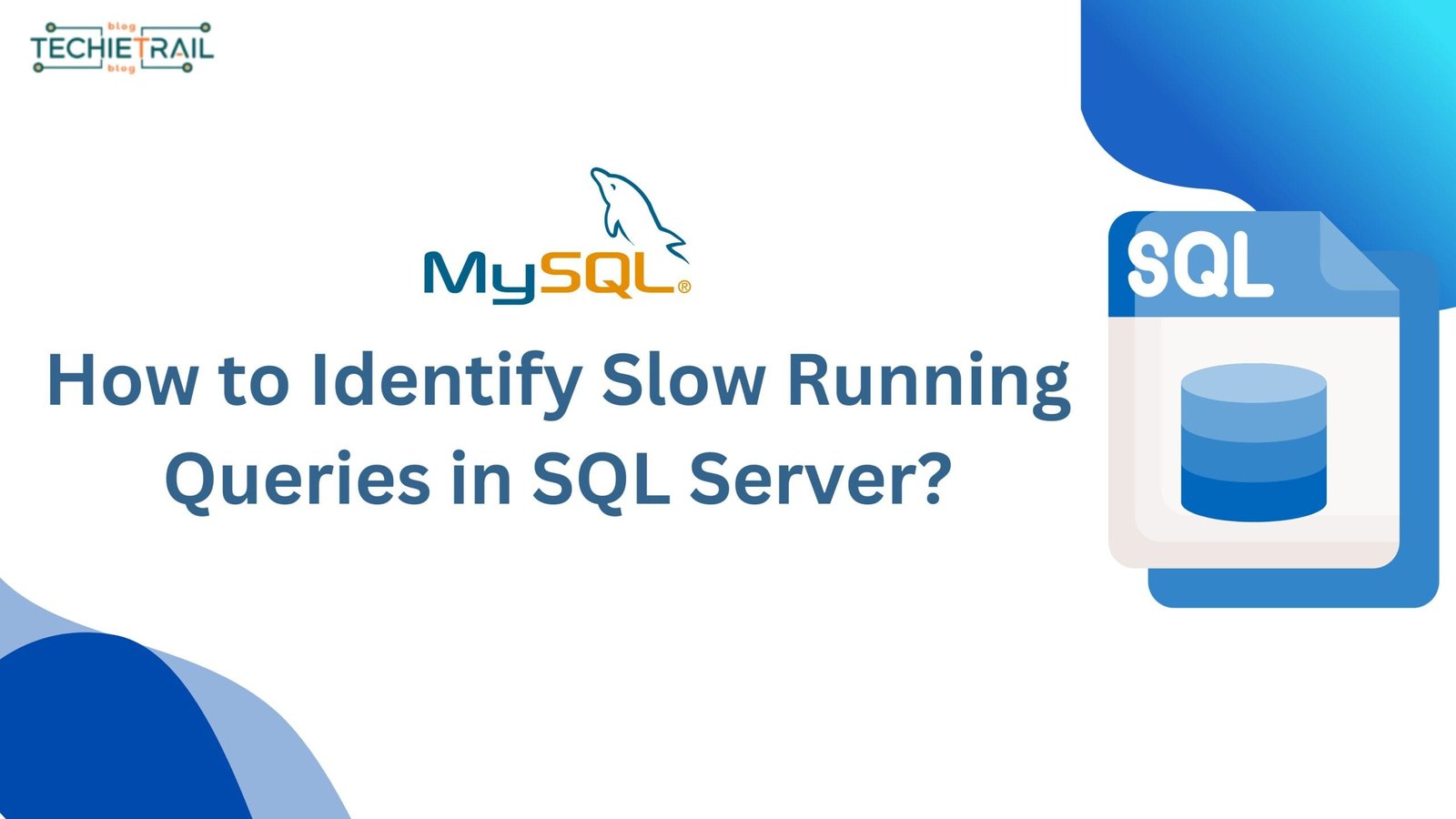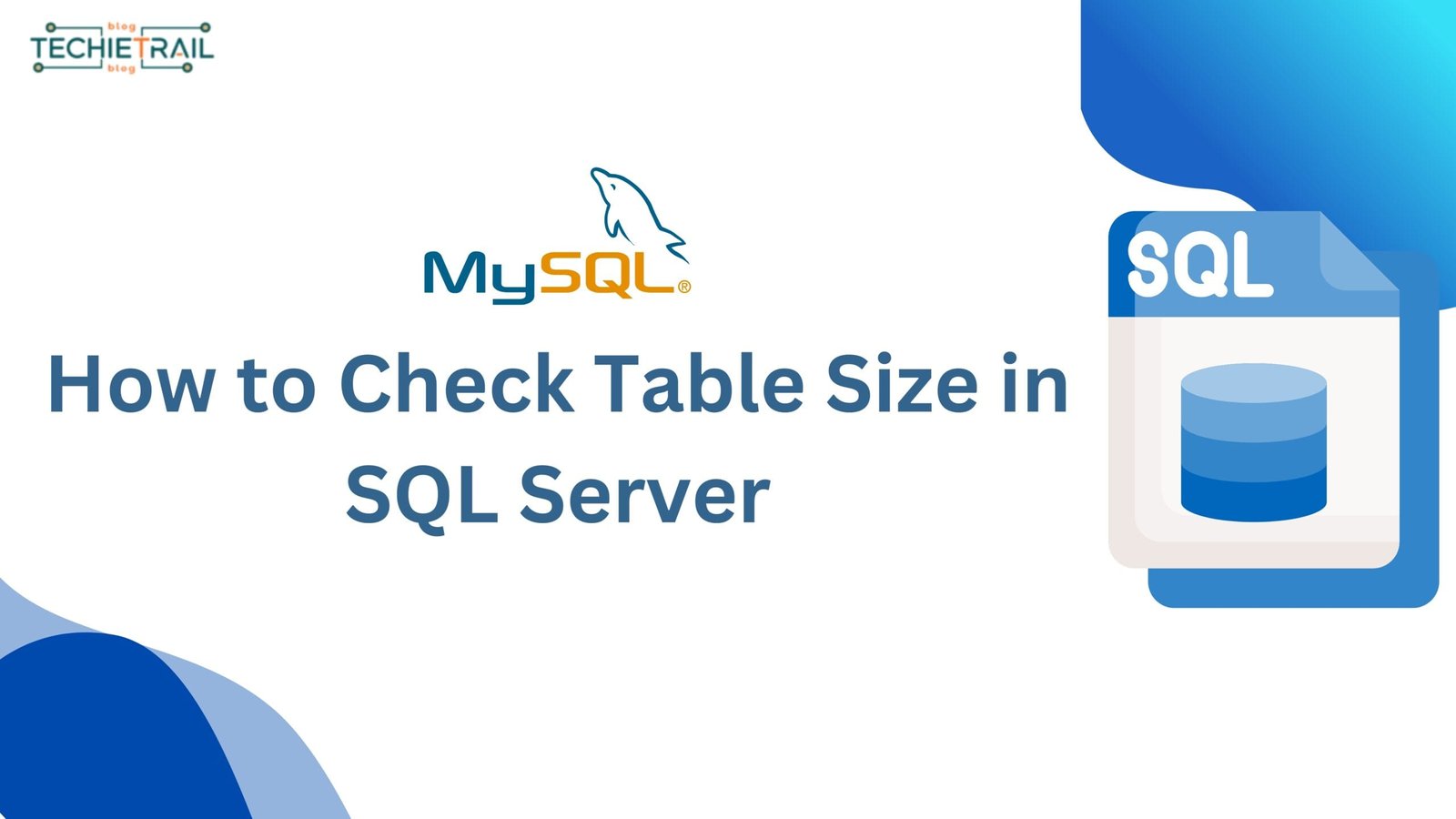SQLalso known as structured query language. This is a database which is most popular in software development, and this is crucial skill for software developers, DBAs, students, and tech learners. But one of the most common questions is “How long does it take to learn SQL?” The answer to this question is depends on your goals, prior experience, and what knowledge you want to acquire.
This article will help you to find answer to question “How long does it take to learn SQL?” and will share a detailed roadmap for learning SQL.
Understanding SQL Basics
In SQL there are multiple commands used to manging and manipulating relation databases.
- Data Retrieval: You can select any data from database table using
SELECTcommand and if you want to get a specific data on a condition then useWHEREand to get data in an order then useORDER BY. - Data Manipulation: You can perform data manipulation using commands like
INSERT,UPDATE, andDELETEto modify the data. - Database Management: You can modify the database structure using commands like
CREATEM,ALTER, andDROP.
How Long Does It Take to Learn the Basics?
For a beginner, to lean and understand the fundamentals of SQL can take anywhere from 2 to 4 weeks if you are dedicated your 1-2 hours per day. In this learning time, you should focus on below points.
- Learning Basic Syntax: You should more focus to understand commands like
SELECT,FROM, andWHERE. - Working with Simple Queries: Practice daily to fetch data from database and filter it with different conditions.
- Using Aggregate Functions: Focus to learn functions like
SUM(),COUNT(), andAVG(). - Joining Tables: Once you completed above points then you lean the concept of joins like
INNER JOIN,LEFT JOIN, andRIGHT JOINto work with multiple tables.
Intermediate SQL: Deepening Your Knowledge
Once you have completed and mastered in basics, now it’s time to jump to explore more advanced topics. To reach at intermediate level can take an additional 4 to 8 weeks’ time, depending on your face of learning. At this stage, you should focus on below points.
- Writing Complex Queries: Now you should practice writing nested queries and subqueries.
- Understanding Indexes: In this learning state, you should learn about
indexesand how it works to improve query performance. - Using Window Functions: Start using system functions like
ROW_NUMBER(),RANK(), andPARTITION BYwhich will help you to get desired output. - Database Design: Gain insight into normalization, primary keys, and foreign keys.
Related Topics:
How To Check Long Running Queries
Do SQL Views Update Automatically?
Check Table Size in SQL Server
Calculate Age from Date of Birth in SQL
Advanced SQL: Mastery Takes Time
This is the last leaning stage of SQL, if you want to become a database administrator (DBA) or work on highly optimized database system, advanced SQL concepts may take 3 to 6 months or more to master. This stage includes:
- Performance Tuning: Learn query optimization techniques and execution plans.
- Stored Procedures and Triggers: Automate repetitive tasks within databases.
- Advanced Security Features: Understand roles, permissions, and encryption.
- Handling Big Data: Learn how SQL interacts with big data platforms like Hadoop or Spark SQL.
Factors That Influence Your Learning Timeline
There are multiple factors that may impact how long does it take to learn SQL for you. Few are mentioned below:
- Your Background: If you have already programming or database experience, you will likely learn SQL faster.
- Learning Resources: There are many resources are available, you can choose high-quality free resources like online blogs, books, and tutorials. Some popular paid platforms are available like Udemy, Coursera, and SQLZoo.
- Practice Time: You can practice regularly on platforms like LeetCode and HackerRank have excellent SQL problem sets.
- Project-Based Learning: You can apply all your learnings in real-world projects, such as building a database for a personal or work-related project.
Conclusion
It will take some time to learn SQL based on your commitment level and depth of knowledge desired. SQL is one of the most relevant and rewarding skills for a student in databases, a developer seeking a skill upgrade, or a DBA hunting mastery. In a few weeks, you’ll be ready to write useful queries; within two months, persistent practice can have you master advanced concepts as well.
Remember, SQL is not about learning syntax but about solving problems. The more you practice and apply your knowledge to real-world scenarios, the more you will be amazed at how SQL empowers you to work with data seamlessly.
For more tech insights and guides, check out other similar topics on TechieTrail. Happy coding!!



